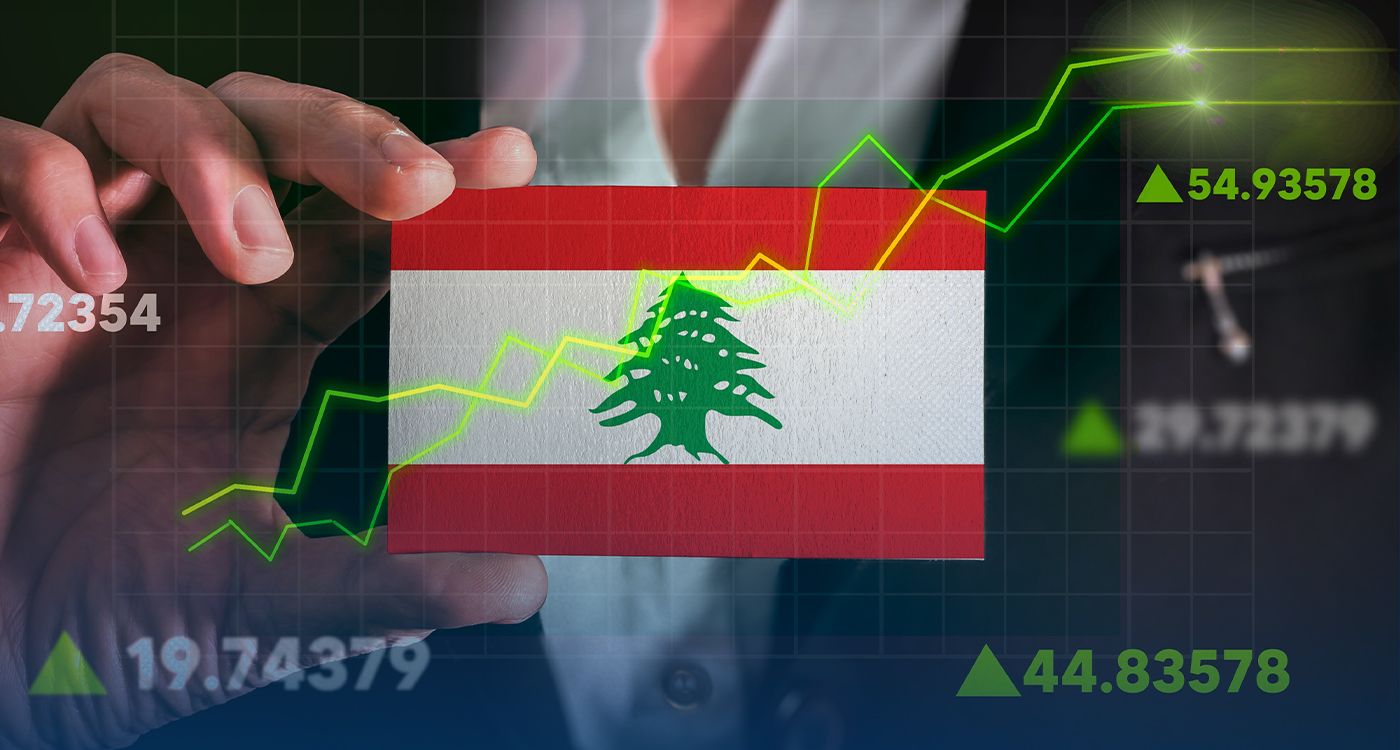
Lebanon has been struggling with a severe, multidimensional crisis for several years and now faces a complex challenge regarding its public debt. Over time, the country has accumulated a staggering debt. Could repurchasing this massive liability prove to be a critical strategy to stabilize the country’s economic and financial outlook?
In 2023, Lebanon’s public debt reached around $100 billion, representing approximately 200% of its GDP. This makes Lebanon one of the most indebted countries in the world in relation to its economy. It ranks second behind Japan (260% of GDP) and ahead of Greece (180% of GDP), Italy (150% of GDP) and Sudan (176% of GDP). This debt results from several factors, including systemic corruption, mismanagement of public finances, reliance on external financing, successive economic crises and the lasting impacts of Lebanon's wars, as well as the aftermath of the 2020 Beirut port explosion. It is also worth noting that, in March 2020, Lebanon announced its first default on foreign debt payments.
Lebanon stands at a crossroads, where any decision will shape the country's economic future. Debt repurchase is one of those key decisions. However, such a move, along with efforts to ease the financial burden, will only be effective if Lebanon can stabilize its economy, restore investor confidence and, above all, implement the necessary reforms.
What Does Debt Repurchasing Entail?
This refers to the process through which the Lebanese government would seek to reduce the public debt burden by purchasing a portion of its bonds either on the markets or directly from creditors. “The goal is to reduce the outstanding debt or negotiate more favorable terms to ease interest payments and alleviate long-term financial pressure. This strategy is often used to manage debt levels, improve the fiscal situation or address specific economic objectives,” explains an economist to This is Beirut.
This buyback can be carried out in two ways. “The first involves purchasing bonds on the secondary market, allowing Lebanon to buy back its own bonds at a price lower than their face value,” he explains.
The second option is renegotiating the debt. Lebanon could negotiate with its creditors to restructure its obligations, secure debt relief or extend repayment deadlines. “This strategy reduces the immediate financial burden while ensuring future repayments,” he adds.
Why Should Lebanon Consider Buying Back Its Debts?
With one of the highest debt-to-GDP ratios worldwide, Lebanon allocated a substantial portion of its budget to servicing its debt, mainly through interest payments. A debt buyback could alleviate this burden, freeing up resources to address other pressing economic priorities.
The country is also under increasing pressure from creditors, particularly Eurobond holders—investors in Lebanese bonds issued on international markets—who are demanding repayment in foreign currencies. A debt buyback or restructuring could offer Lebanon valuable time to renegotiate terms more aligned with its economic conditions.
Moreover, such measures could be viewed positively by investors, demonstrating a commitment to fiscal responsibility and enhancing Lebanon's credibility in international financial markets.
“While debt repurchasing may seem like a potential solution to alleviate Lebanon's financial burden, several challenges make this strategy complex,” says the economist. In fact, Lebanon has limited financial resources to implement a buyback.
The IMF, World Bank and countries such as France have expressed their willingness to help Lebanon manage its debt, but their support is contingent on the implementation of substantial economic and institutional reforms.
Countries can borrow from other governments or international financial institutions to finance a debt buyback. For instance, Greece, Argentina and Venezuela adopted debt repurchasing strategies as part of their economic reforms following financial crises.
While debt repurchasing could offer benefits, it also comes with risks. If a country funds its debt buyback by borrowing more money, this could result in an increase in short-term debt, potentially undermining the long-term advantages of reducing overall debt.
One thing is clear, Lebanon must first implement structural reforms to restore its financial stability.




Comments